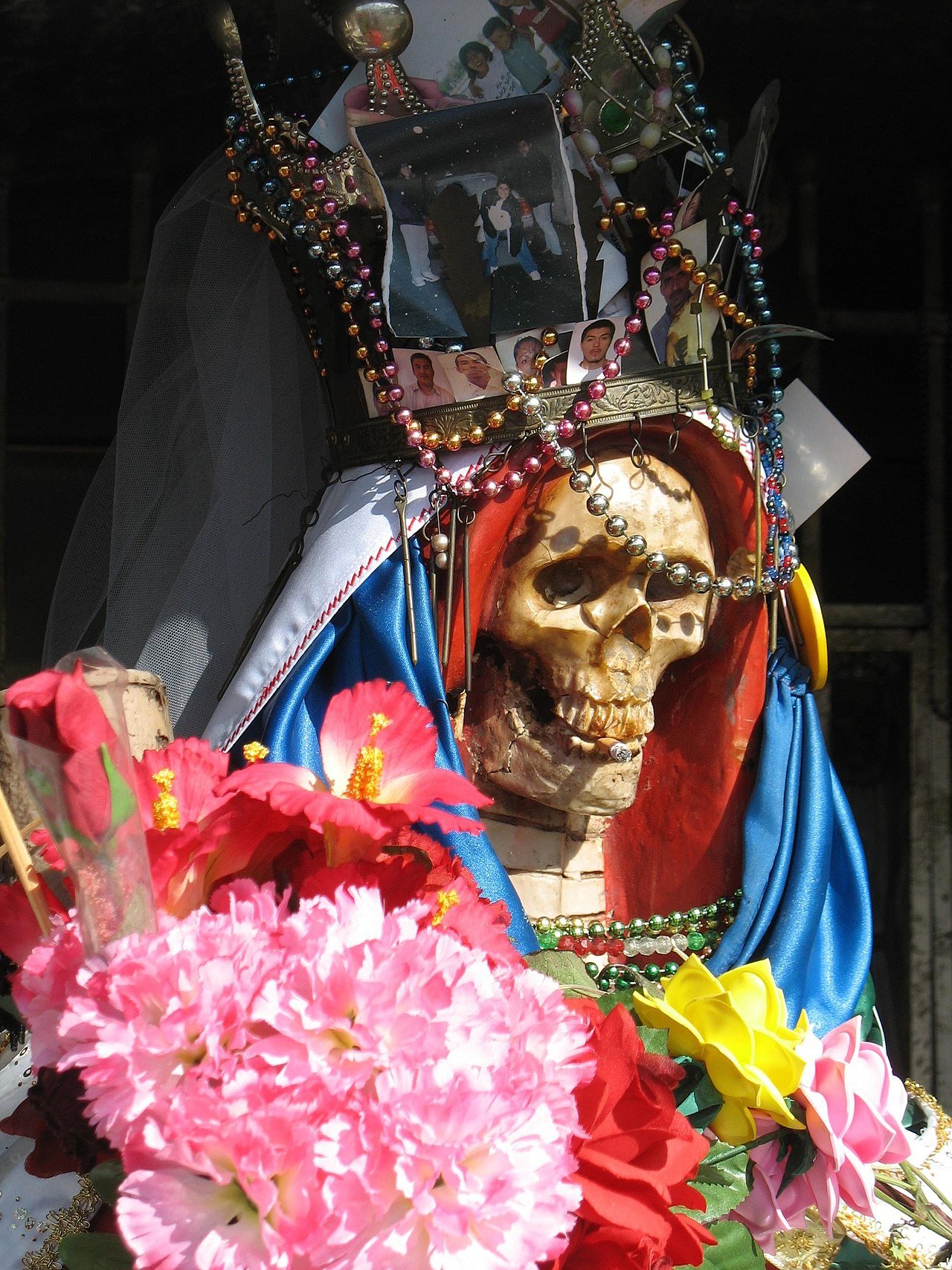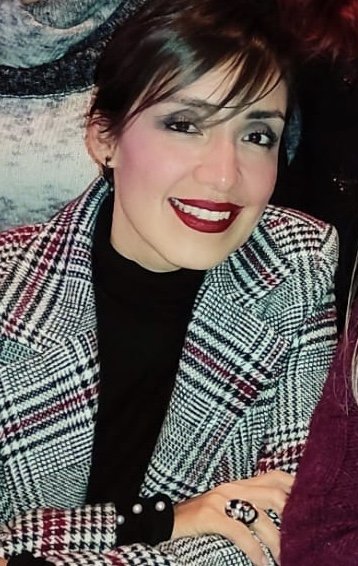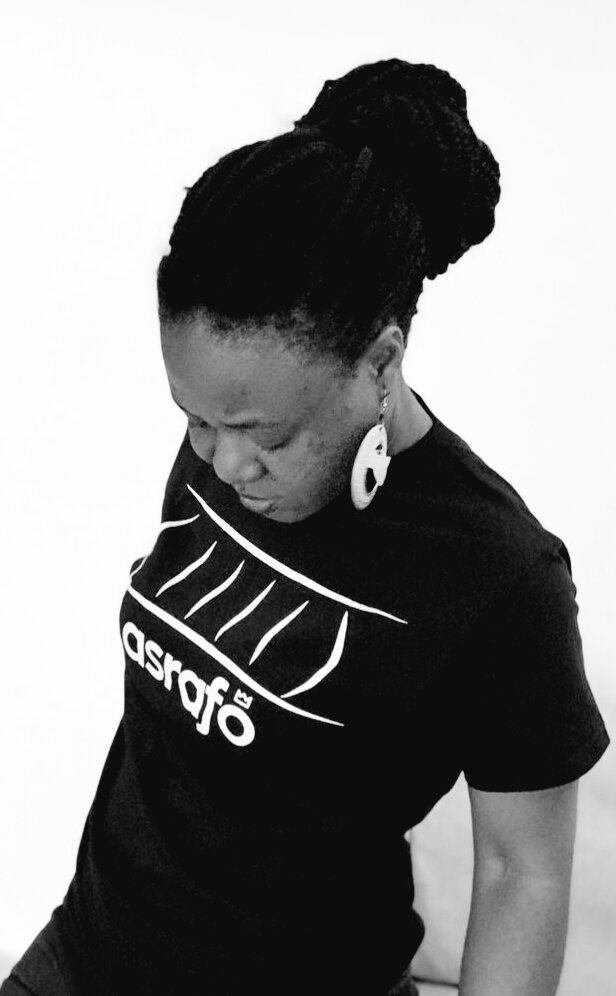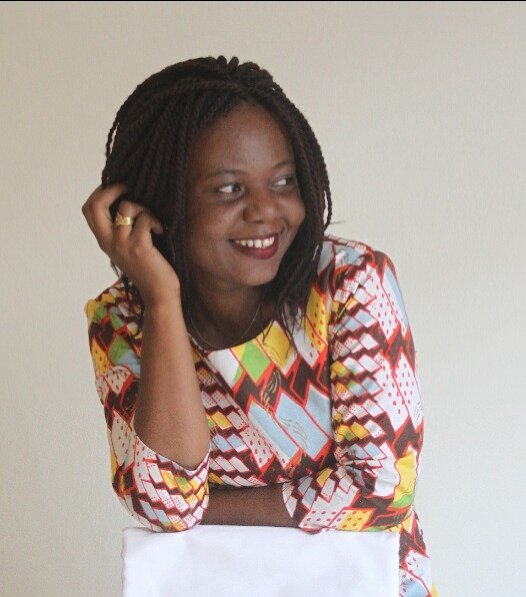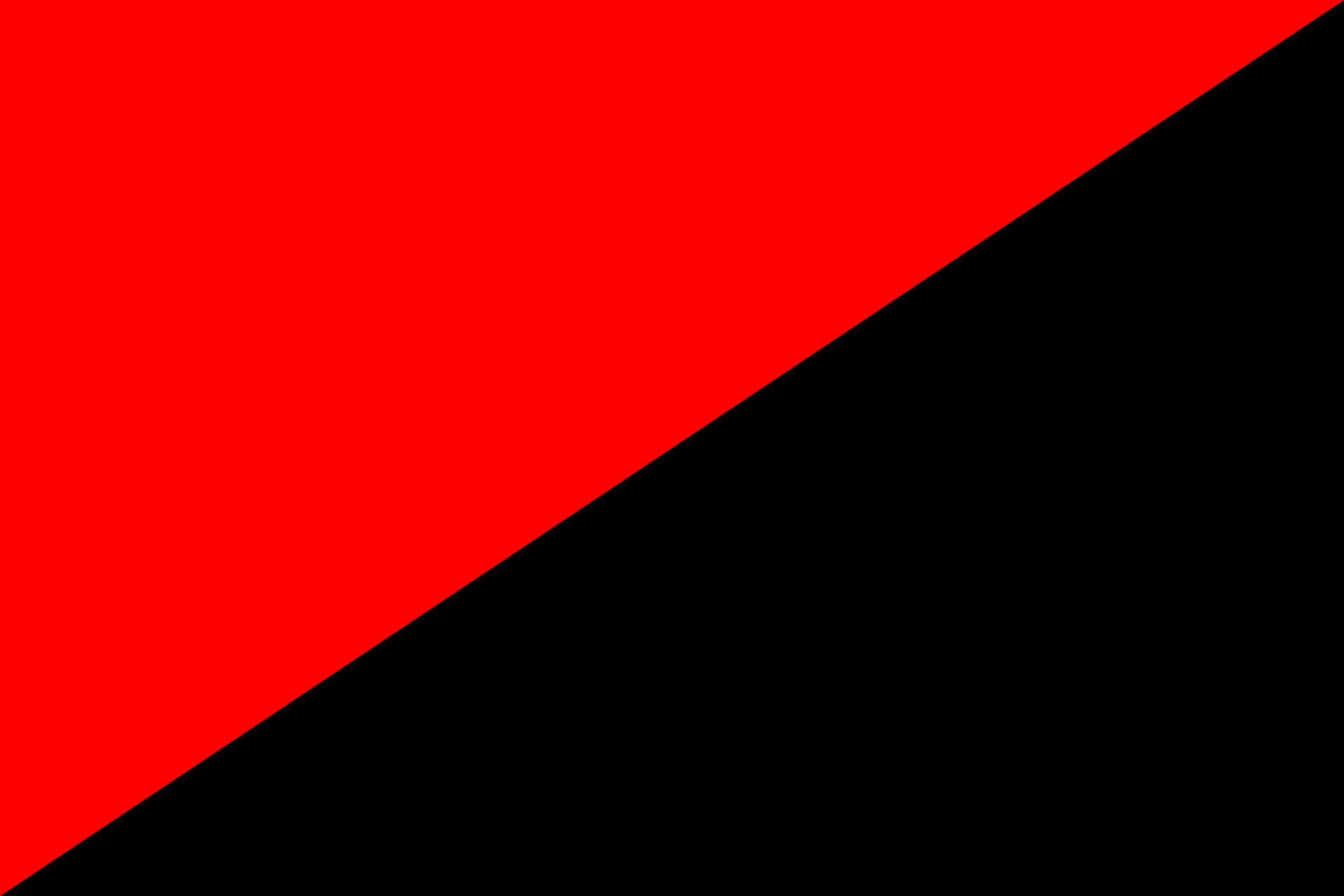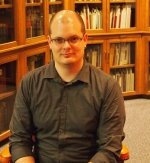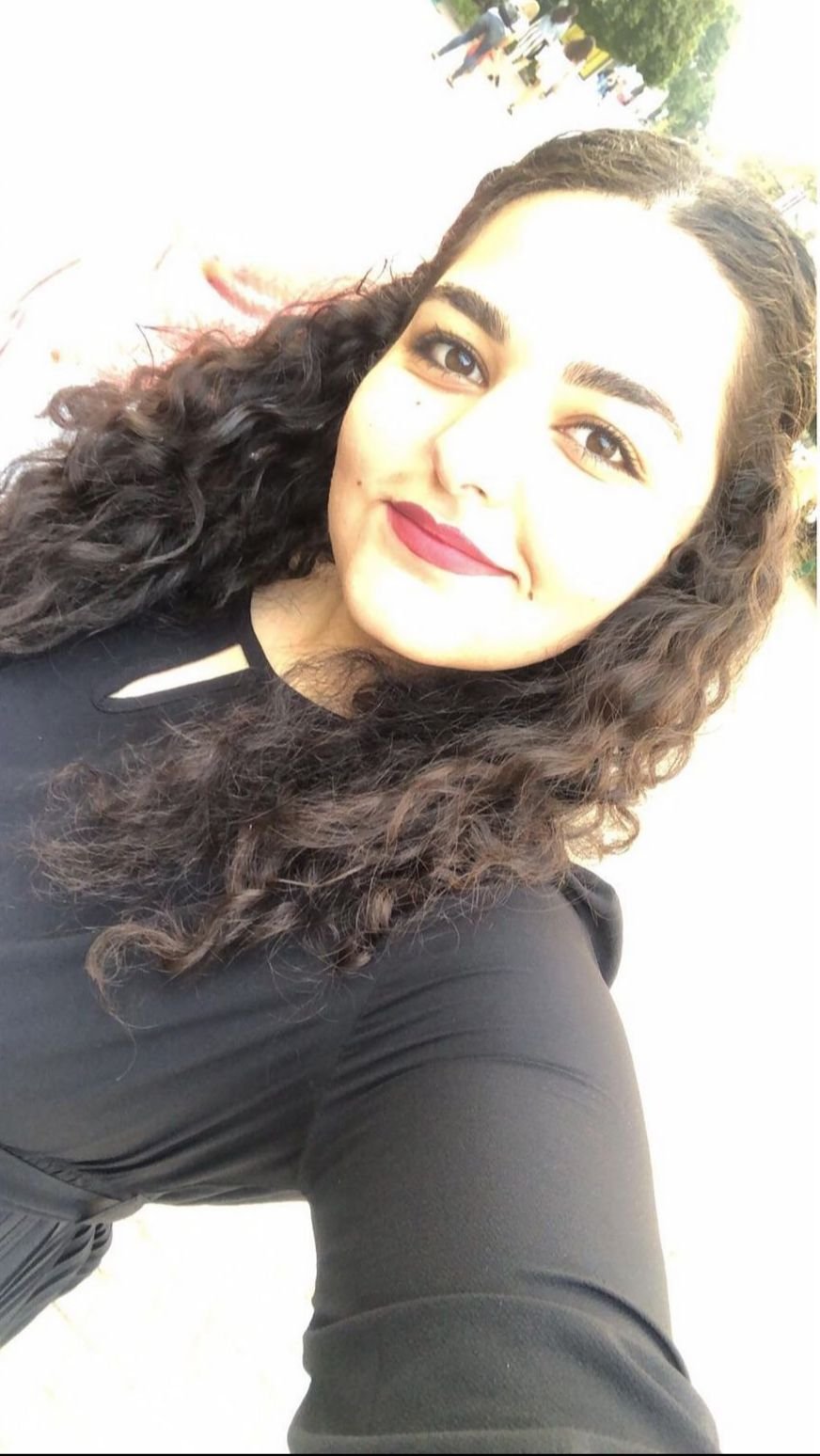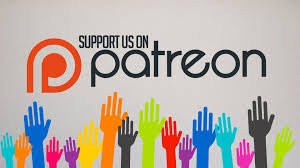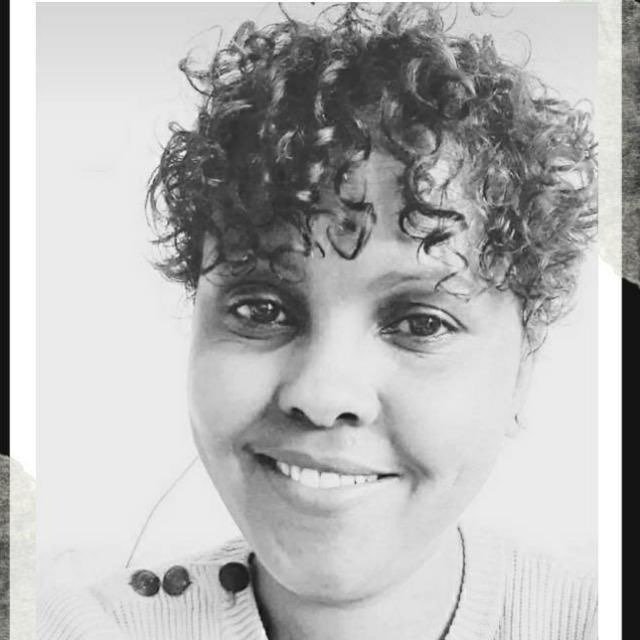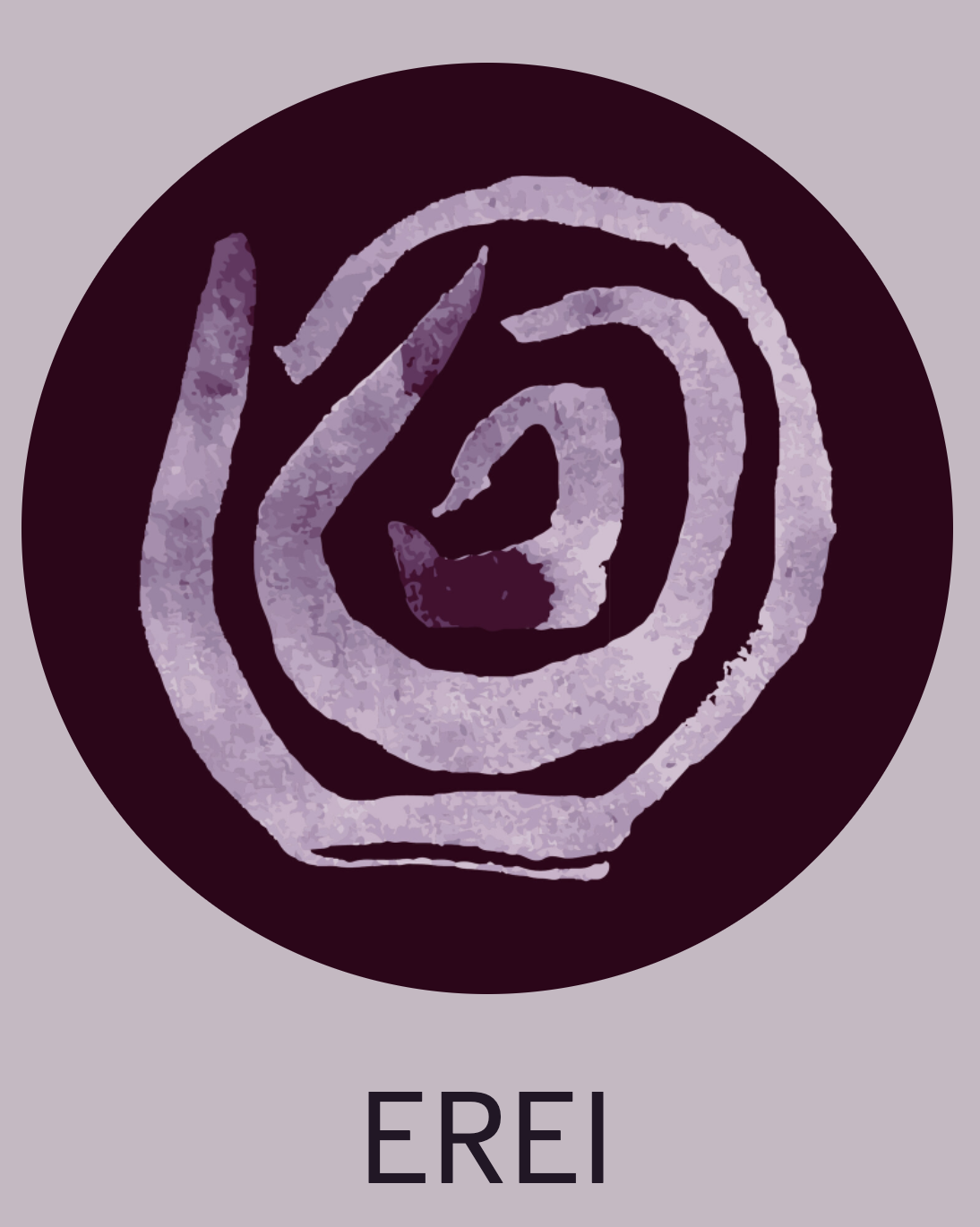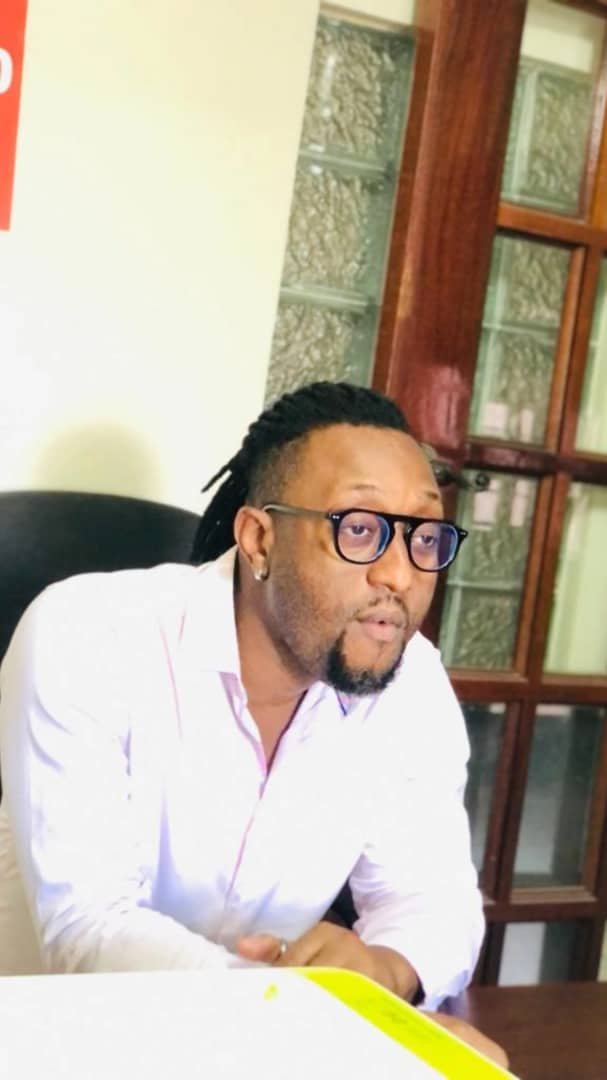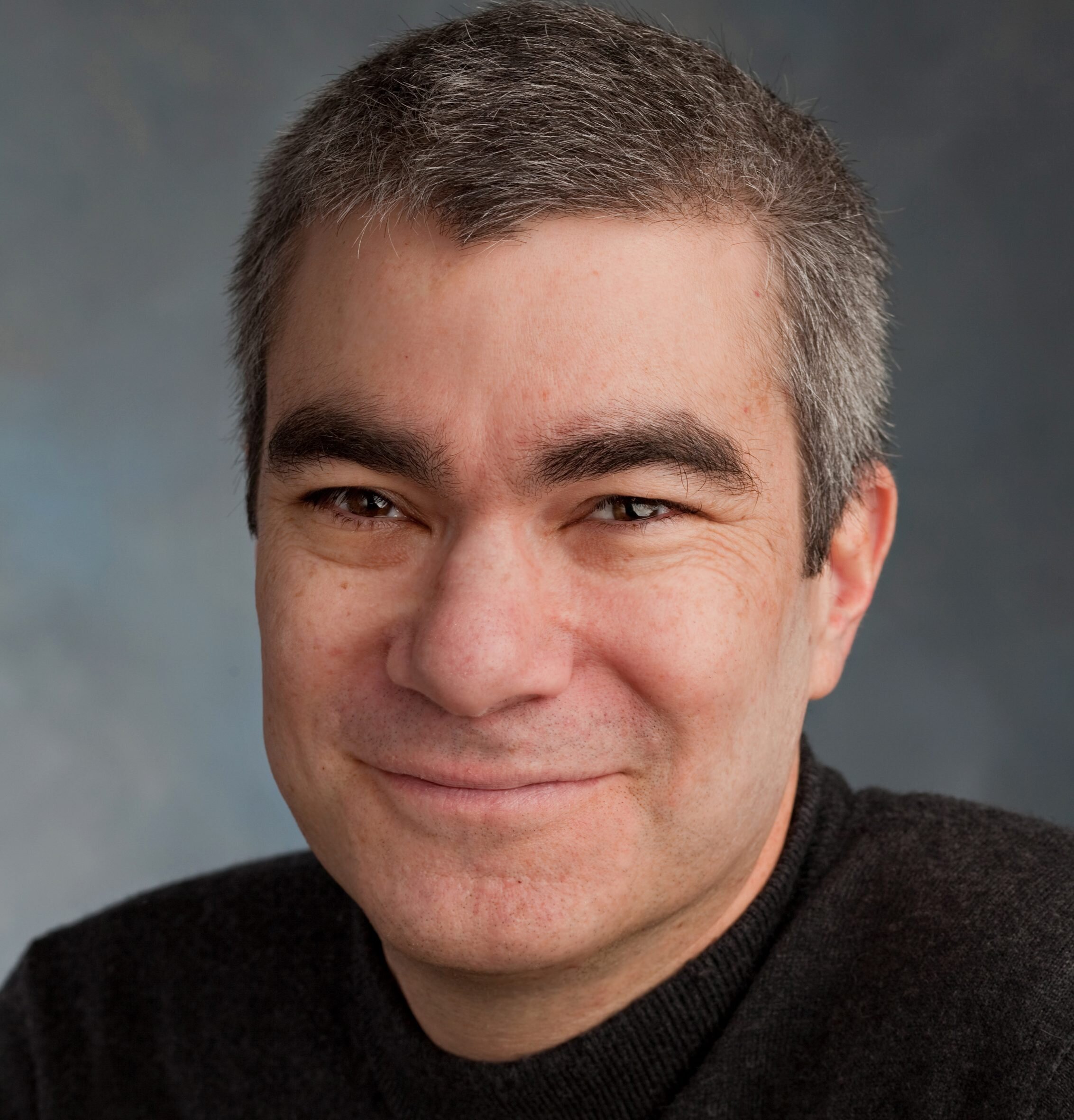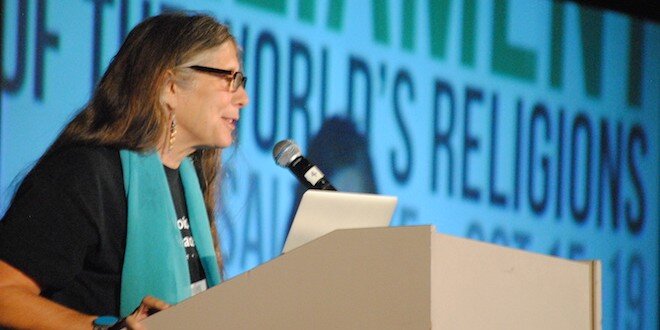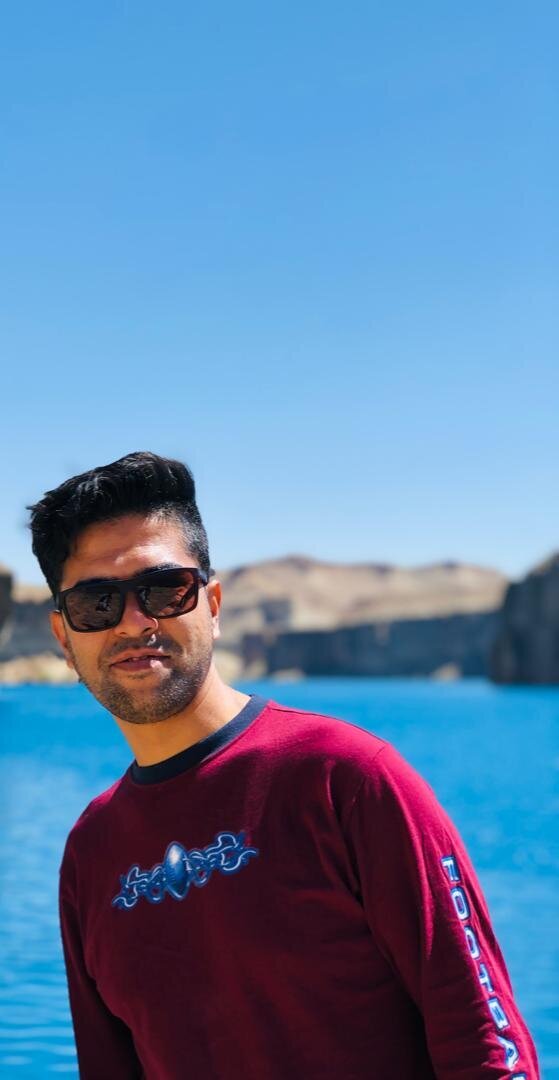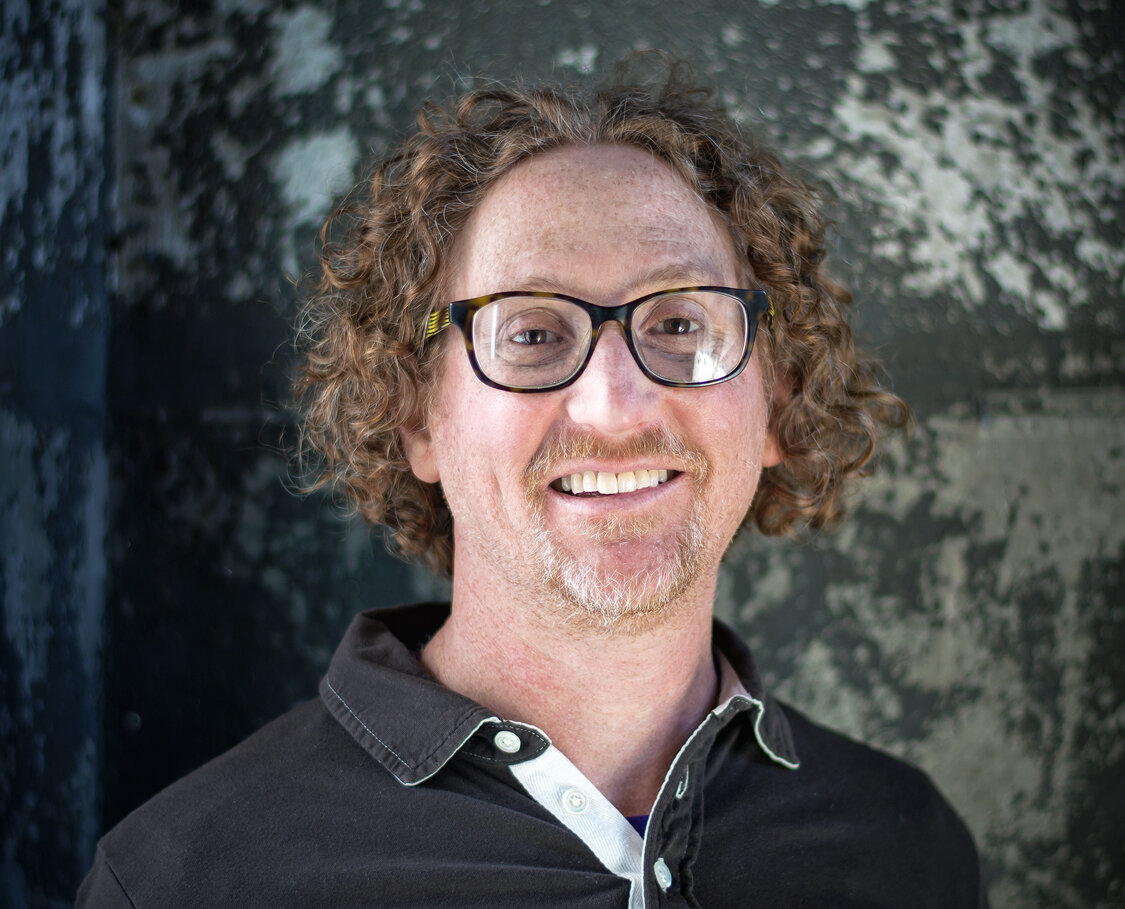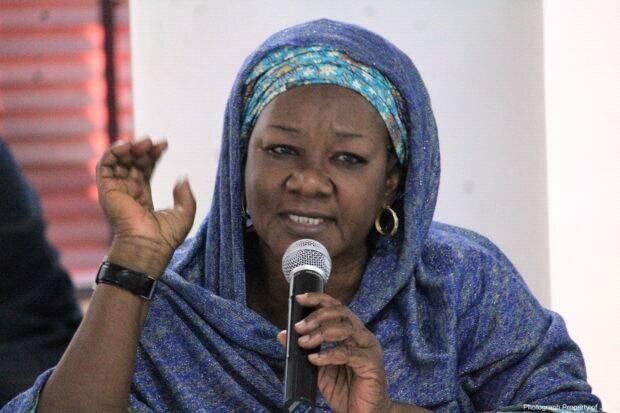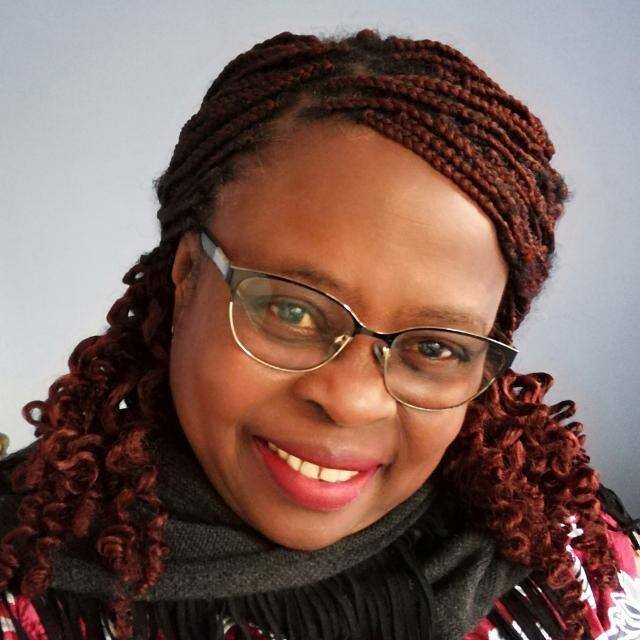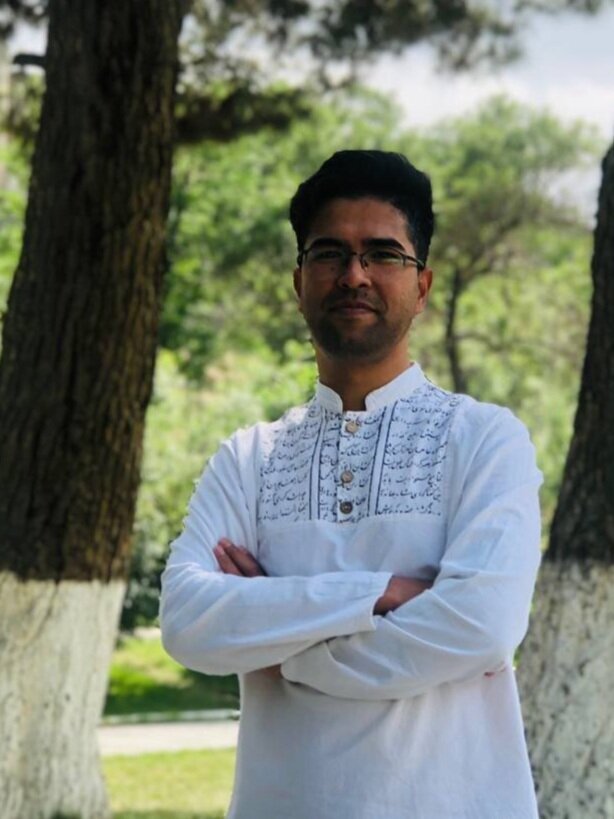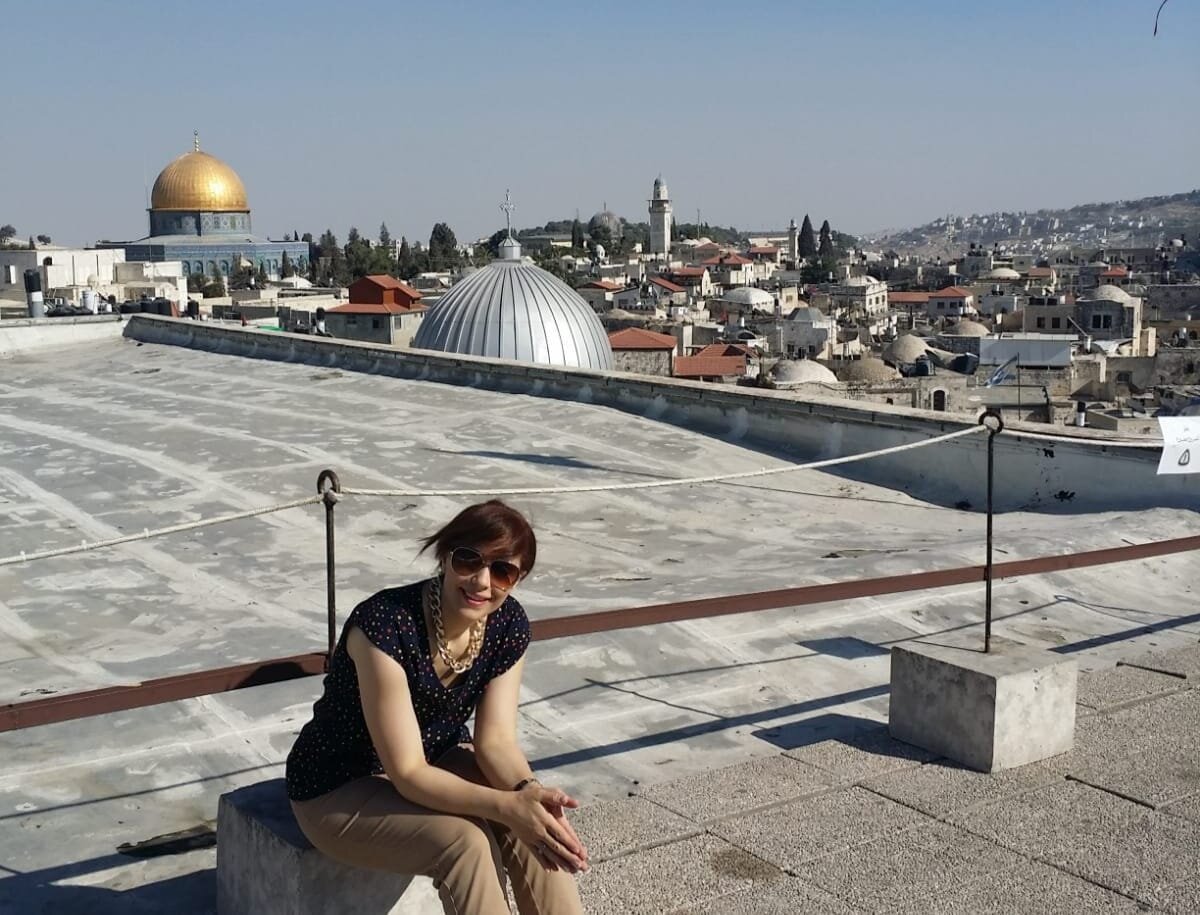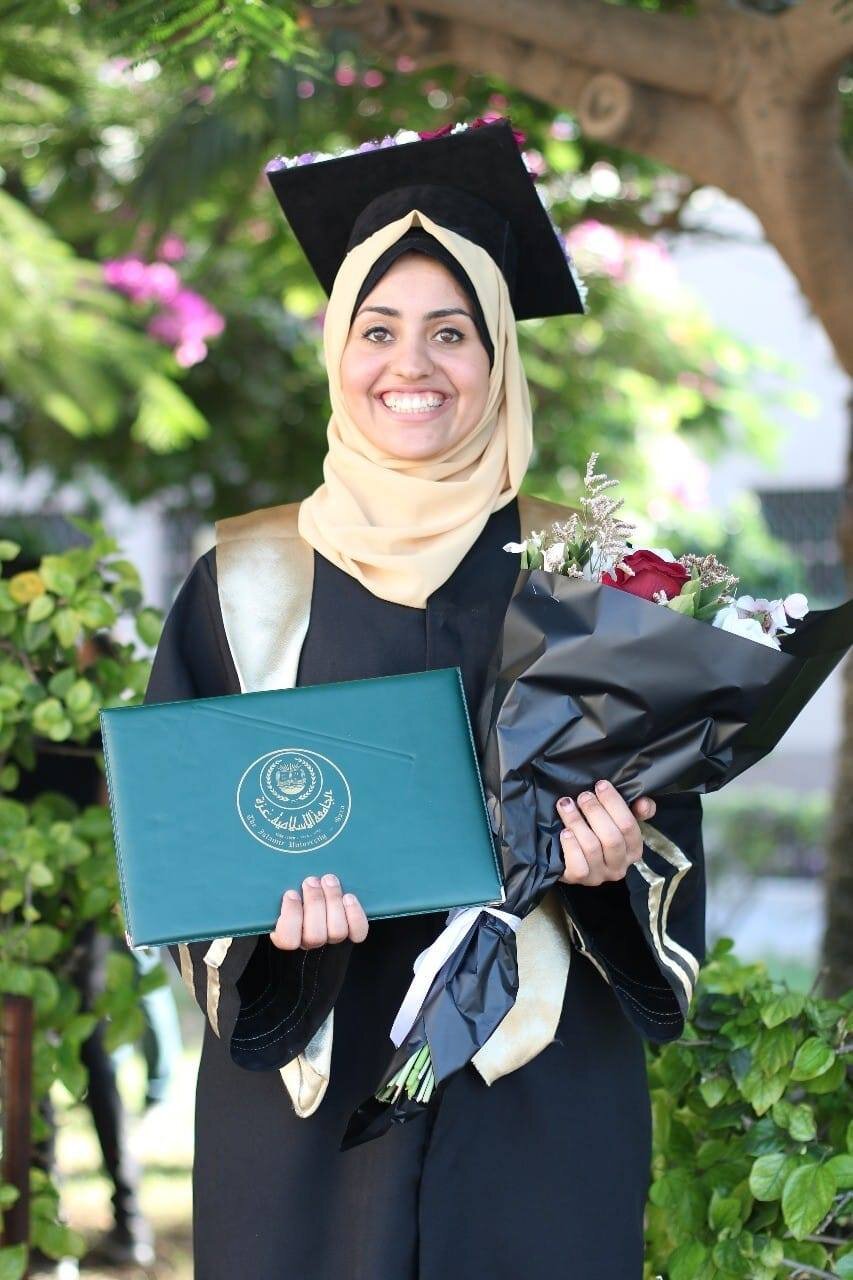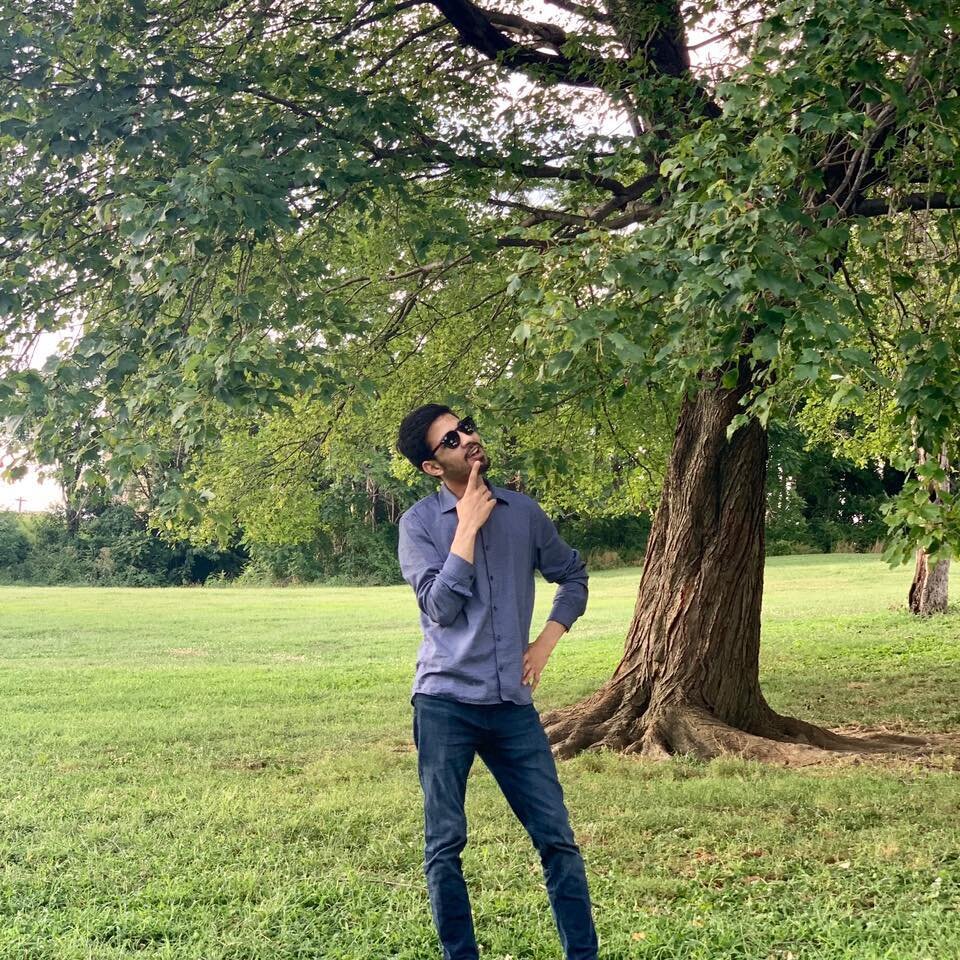Santa Muerte (or “Saint Death”) is far more than a popular saint, she’s a framework for understanding Mexican history, Mexican politics (in particular the legacies of corruption, and the marginalization of women, the poor, the incarcerated, and those living on the fringes of “legitimate” society), and finally Santa Muerte is an entry point for examining the ongoing power and influence of Catholicism in Mexico, and its relationship to the Mexican state and to indigenous communities.
We speak with Luisa Grijalva, PhD, professor of Political Philosophy in the Department of International Relations at the Universidad Popular Autónoma del Estado de Puebla, México.
Revisited: Racism and Aid in Africa (2 of 2)
This is a re-broadcast of an episode first published November 25th, 2020.
This episode is the second of a two-part conversation with Tity Agbahey. Tity is an attorney based in Senegal, her current work focuses on central Africa, though her previous work has focused elsewhere on the continent, and her life and travels have taken her to points beyond.
This pair of episodes should appeal to two types of listeners, those who know what it feels like to be the only one who looks like you in your university class, in your staff meetings, or on a discussion panel at a conference, and those who don’t but who want to understand.
This is also a conversation about colonialism, paternalism, and racism in one of the last places you should expect to find it, in the international aid and development sector. It’s also a conversation about the world’s general ambivalence towards African suffering, the benefits and limitations of African to African-American solidarity, privilege within an African cultural context, racism in France, internalized colonialism, an African perspective on racism in the US, and everything else we could think to get off of our chests during a very open conversation.
Revisited: Racism and Aid in Africa (1 of 2)
This Episode was first published November 25th, 2020.
This episode is the first of a two-part conversation with Tity Agbahey. Tity is an attorney based in Senegal, her current work focuses on central Africa, though her previous work has focused elsewhere on the continent, and her life and travels have taken her to points beyond.
This pair of episodes should appeal to two types of listeners, those who know what it feels like to be the only one who looks like you in your university class, in your staff meetings, or on a discussion panel at a conference, and those who don’t but who want to understand.
This is also a conversation about colonialism, paternalism, and racism in one of the last places you should expect to find it, in the international aid and development sector. It’s also a conversation about the world’s general ambivalence towards African suffering, the benefits and limitations of African to African-American solidarity, privilege within an African cultural context, racism in France, internalized colonialism, an African perspective on racism in the US, and everything else we could think to get off of our chests during a very open conversation.
Also it is in no way our intention to suggest that the opinions and points put forth in this episode represent the full depth and breadth of views held by 1.3 billion Africans. This is not the first, and it will certainly not be the last conversation about Africa and its 54 nations on this show, and we sincerely hope that you will check out our back catalogue and listen to previous episodes on related topics, from contemporary politics and economics in Zimbabwe, social entrepreneurship in the DRC, the Fulani people, and the role of women in Sudan’s ongoing revolution, to name just a few.
Revisited: Global Arms Trade
The global arms industry may only account for about one percent of global trade, but it’s important to note what that one percent is buying and the role that arms sales play in influencing other aspects of global trade and political relations. We speak with Frank Slijper in Groningen, The Netherlands, where Frank leads a project on the global arms trade for Pax, a global peace research and advocacy organization.
Here are Frank’s Pax reports on the arms trade in Turkey and the UAE.
This episode was originally published on June 27th, 2020
Revisited: Transgender Community (Episode 51)
Adrien Lawyer is the founder and director of the Transgender Resource Center of New Mexico, an organization that “provides support, community, and connection to transgender, gender nonconforming, nonbinary, and gender variant people and their families through advocacy, education, and direct services.”
For this conversation I wanted to avoid the trap of asking easy questions and settling for easy answers, and instead just let my confusion and my preconceptions hang out there to see what came back at me. I learned a lot.
Whether you identify as transgender, or as someone who is questioning, or as an ally, or as someone who is confused, skeptical, or ambivalent on the subject of transgender identity and rights, I think you’re going to get something out of this exchange.
94: Anarchism, A US History
Kenyon Zimmer is an associate professor of History at the University of Texas at Arlington. Dr. Zimmer specializes in transatlantic migration, political radicalism, and labor history in the Gilded Age and Progressive Era. His research centers on the connections between migration, race and ethnicity, and radical social movements.
For today’s show we’ll be focusing on the history of Anarchism as a political philosophy, how Anarchism has manifested itself as a political movement in US history, and we’ll spend a good deal of time breaking down what Anarchism is, what it is not, and how its principles can be implemented, both by individuals and by groups.
93: Jana, A Double-Refugee from Syria and Ukraine
This marks the second episode of a two-part series on the war in Ukraine. For this episode we speak with Jana Kalaaji, a Syrian national who fled the war in her country to study medicine in Ukraine, only to become a double-refugee after the outbreak of another war in her new home, along Ukraine’s border with Russia.
92: Ukraine (1 of 2): Investigating Migration
This marks the first episode of a two-part series on the war in Ukraine. The first will focus on the work of investigative journalism being done by LightHouse Reports, a nonprofit organization based in The Netherlands. And we’ll be speaking with investigative journalist Halima Salat Barre about the experiences of non-Ukrainian refugees fleeing Ukraine. The second part of this series will focus on the experiences of Jana Kalaaji, a Syrian national who fled the war in her country to study medicine in Ukraine, only to become a double refugee, after the outbreak of the war there.
It is not our intention, nor is it within our means, to provide a full panoramic view of the entire conflict, all of its parties, nor all of their grievances or the events that inform them. But you will hear some perspectives about this war that you are not hearing about much in the coverage of this war from traditional media from either side, and we have done our best to clearly lay out the facts as well as the limits of our knowledge.
Also please be sure to support our Palestine Podcast Academy!
Update: Two New Projects!
Over the course of the next couple of months we’ve got two exciting projects going on, in addition to our regular programming.
First we have launched our campaign for the Palestine Podcast Academy after successfully piloting 3 academies already. This is your chance to support journalism training, employment, female-leadership, and 100% independent, uncensored, and unfiltered media from Palestinians in Palestine!
Here's the link to our LaunchGood Campaign for the Palestine Podcast Academy. And we're offering some awesome perks for your contributions!
Second, as part of our collaboration with EREI, a nonprofit organization in the Basque Country of northern Spain, we will be re-releasing episodes from our very first Podcast Academy on the Greek Island of Lesvos from early 2021, but these episodes have been translated by EREI into Spanish and Euskara (the Basque language). You can find our original English-language episodes in our back catalogue from early 2021 here.
91: Haitian History & LGBT Rights
Gino Ambroise is an LGBT and HIV-rights activist in Port-au-Prince, Haiti. However this episode covers a wide variety of topics, from Haiti’s post-colonial history, ongoing exploitation by various outside interests, disasters (both natural and man-made), and the causes behind the stigmatization of the LGBT and HIV communities and how these causes are linked to a new form of colonialism.
You can also follow Gino’s “Podcast Akansyèl“ to learn more about his advocacy work, and contact his organization “Eritaj” at: eritaj200ans@yahoo.com
90: Trapped on the Borders: Poland and Greece
In the summer of 2021, after Belarusian leader Alexander Lukashenko enticed migrants and asylum seekers to come to Belarus and use it as a staging area for entering the European Union, the number of people trying to cross into the EU through the Baltic states and through Poland began to increase from the hundreds into the low thousands. And since that time draconian security measures, pushbacks, and the level of desperation of those caught between borders has increased along with the drop in temperature, leaving many freezing, starving, and stuck; pushed back and forth in a heavily forested “no man’s land” on the borders of the EU.
We speak with Sonia Nandzik-Herman and Douglas Herman, co-founders of ReFocus Media Labs, a Polish NGO that has operated on the Greek island of Lesvos for years. But after spending many months in Poland they’ll also be giving us an update on sitions there and an update on the current situation on Lesvos and on the Greek mainland, where many of the same policies are in place. We’ll also be learning where and how policies and tactics differ.
New York Times article referenced in the introduction.
Photo Credit: @grupagranica and @fundacjaocalenie
89: Rabbis Discuss Antisemitism and Anti-Zionism
This episode marks the second of a two-part series featuring interviews with rabbis on the subjects of Antisemitism and anti-Zionism, and the problems that arise when the two topics are conflated, either through misunderstanding or to serve political interests.
Rabbi Brant Rosen founded the congregation of Tzedek Chicago. Like Rabbi Lynn, Rabbi Brant is also a member of Jewish Voice for Peace. You can find more information about his book “Wrestling in the Daylight”, and his other works and writings, below.
88: Rabbis Discuss Antisemitism and Anti-Zionism (1 of 2)
This episode marks the first of a two-part series featuring interviews with rabbis on the subjects of Antisemitism and anti-Zionism, and the problems that arise when the two topics are conflated, either through misunderstanding or to serve political interests.
Rabbi Lynn Gottlieb has the distinction of being one of the first female rabbis in the world, and her outspoken positions on Palestinian human rights have often placed her at odds with the political positions of the Israeli government and with its supporters. We’ll hear about her experiences as leader in a religious community overwhelmingly dominated by men, her first encounters with Israel as a very young woman (including her argument with David Ben-Gurion as a teenager), and how her Jewish identity informs her advocacy for human rights. She’s also a pretty amazing artist!
87: Will We Just Forget Afghanistan?
As the formal US occupation of Afghanistan comes to an ignominious close, human rights defender Basir Bita joins us again from Kabul. We discuss the recent offensive by the Taliban that has seen it taking large swathes of the country, the varied interests and involvement of the key international players in Afghanistan’s present and future, and perhaps most critically, the legacy of US abandonment of those Afghans who have put their lives on the line to aid its two decades of foreign occupation.
And for US citizens, this document has all the info you need concerning whom to call in Washington, and even a script for what you need to say to them to help evacuate as many Afghans as possible.
We can throw our hands up and wish that somebody would make things better, or we can be those people right now, today. The choice is yours. Let's move!
Also Recommended by Our Guest:
86: One Radical Union: A History of the IWW
The IWW, or Industrial Workers of the World, was founded in Chicago in 1905, in part as a response to the traditional craft based structure of organizations like the American Federation of Labor, which organized laborers into unions according to their respective trades. If you go to their website today you’ll note that the IWW still proudly promotes itself as “one big union”, that is one union for all workers, united by class struggle.
Dr. Peter Cole is a professor of history at Western Illinois University and a researcher specializing in the history of social movements. He’s also the author of several books, and was co-editor of Wobblies of the World: A Global History of the IWW.
Books & Readings From Our Guest:
Wobblies on the Waterfront: Interracial Unionism in Progressive-Era Philadelphia
“MLK’s radical vision was rooted in a long history of Black unionism,” Washington Post, April 4, 2021
“Black-led, antiracist unionism: Ben Fletcher and the IWW,” Global Labour Column, Global Labour University, No. 369, February 2021.
“Wobblies—A new history of a radical union that profoundly impacted Southern African politics,” co-authored with Lucien van der Walt, Africa Is A Country, October 21, 2017.
85: Boko Haram Survivors (2 of 2)
This episode is the second part of a two part series. In part two we focus on the work of the Allamin Foundation, and of Hamsatu Allamin the organization’s founder. The Allamin Foundation works on the ground in Northeastern Nigeria with survivors of Boko Haram.
Episode one is focused on the origins of Boko Haram, its framing in the media, and some of the problems that have arisen in the national and international responses to the organization.
84: What is Boko Haram? (1 of 2)
This episode is the first of a two-part series. In part one we learn who and what Boko Haram is, the different ways they have been framed in the media, and about some of the problems that have become evident in the national and international responses to this organization.
Our guest for part one is Mercy Ette, a Nigerian journalist and a visiting research fellow at the University of Leeds where she is working to establish a survivor group to tackle stigmatization and isolation among survivors of Boko Haram. Allamin Foundation, which is featured in the second part of this two-part series, is one the local partners on this project. Mercy’s partner on this project at the University of Leeds is Nicolas Salazar Sutil, our guest from episode 78.
83: The Hazara and the US Afghanistan Withdrawal
On May 8th, 85 people were killed in a bomb attack near a school in Kabul. Many of those killed were young women. The bomb was detonated in a part of Kabul that is home to the Hazara, an Afghan minority group that has been a frequent target of attacks, including a massacre in a maternity war last year that killed 24 people. The Hazara are a predominantly Shia-Muslim ethnic minority in Afghanistan, and a community that has suffered a long history of brutal persecution and oppression.
Previous guest, and nonviolence activist, Basir Bita joins us again from Kabul, Afghanistan, but this time we’ll be talking about his community, the Hazara, and about the personal impact that the May 8th attack had on him and on his family. Be sure to check out our previous interview with Basir in Episode 39.
For additional reading about the history and contemporary issues facing the Hazara community, be sure to check out this article from MinorityRights.org.
Additional Resources Recommended by our Guest:
82: Palestinian Voices - East Jerusalem: Colonialism & Apartheid
For this second of two episodes about current events in Palestine we will be focusing specifically on the situation in East Jerusalem, and in the east Jerusalem neighborhood of Sheikh Jarrah. East Jerusalem, which contains the old city, has been illegally occupied by Israel since the Israeli military captured it, along with the rest of the West Bank, Gaza, and the Golan Heights, in the “Six Day War” of 1967.
Since that time its Palestinian residents have been the targets of ongoing harassment, violence, and forced displacement by illegal Jewish settlers. The most recent instance of this ethnic cleansing campaign targeted residents of east Jerusalem's Sheikh Jarrah neighborhood. When Palestinians attempted to protest and resist, a brutal crackdown was waged by the Israeli authorities, a crackdown that is now reverberating across the West Bank, inside Israel, and in the form of yet another horrific Israeli bombing campaign on Gaza.
We hope that what you hear in this show inspires you to share it and to take action.
Join the Boycott, Divestment, and Sanctions movement, and follow the Five things you can do to support Palestinian human rights, right now.
Recommended Resources:
81: Palestinian Voices: Gaza - Resilience & Mental Health
This episode is the first of a two part series we are doing on Palestine. This episode focuses on voices from Gaza, while the next episode highlights voices from east Jerusalem. You don’t need to listen to them in any particular order, but we strongly recommend that you listen to both in their entirety.
You will hear a lot today about the psychological toll that repeated wars, devastation, poverty, deprivation, and abandonment by the international community have had on the 2 million residents of one of the most densely populated stretches of land on earth.
We hope that what you hear inspires you to share this show with others and to take action.
Both of our guests also write for “We Are Not Numbers”.
Be sure to read this essay by guest Haneen AbdAlnabi about her experiences as a child in Gaza.
And read this piece by guest Anas Jnena about the past week of attacks on Gaza.
Join the Boycott, Divestment, and Sanctions movement, and follow the Five things you can do to support Palestinian human rights, right now.
Recommended resources:

